Best movies like Schiller
A unique, carefully handpicked, selection of the best movies like Schiller Starring Matthias Schweighöfer, Teresa Weißbach, Robert Dölle, Jürgen Tarrach, and more. If you liked Schiller then you may also like: One Fine Morning, The Romantic Englishwoman, Alone, Bandyta, Synecdoche, New York and many more popular movies featured on this list. You can further filter the list even more or get a random selection from the list of similar movies, to make your selection even easier.
You may filter the list of movies on this page for a more refined, personalized selection of movies.
Still not sure what to watch click the recommend buttun below to get a movie recommendation selected from all the movies on this list
The Romantic Englishwoman
A marriage crisis between a writer and his wife leads her to flee to Germany and eventually return with another man, through whom the writer is going to overcome his writer's block.
Alone
Maria is a student at the university of Essen, Germany, living and working in a gray, unpleasant, and anonymous environment. While she has little problem finding someone for a one night stand, she rebuffs her lovers in such a rude way that they actually don't know what's going on. But what seems to be a negative attitude at first glance is in fact much worse: Maria is suffering from borderline syndrome, a serious psychotic disease that makes her fail to develop a continuous, reliable personality, from her own perspective as well as from the perspective of those she meets. Then one day, she bumps into Jan, a student who falls in love with her without delay. He's awaiting a hard time when he has to learn how hard it is to stay loyal and faithful to a person who, in her own words, "has a different world inside of her head" and who feels that "there is something inside of me that eats me up."
Synecdoche, New York
A theater director struggles with his work, and the women in his life, as he attempts to create a life-size replica of New York inside a warehouse as part of his new play.
The Farewell
A portrait of a single day in the late summer of 1956, toward the end of Bertolt Brecht's life, as he prepares to leave his lakeside home, surrounded by the women who form his extended family.
Mephisto
A German stage actor finds unexpected success and mixed blessings in the popularity of his performance in a Faustian play as the Nazis take power in pre-WWII Germany. As his associates and friends flee or are ground under by the Nazi terror, the popularity of his character supercedes his own existence until he finds that his best performance is keeping up appearances for his Nazi patrons.
Our Hitler: A Film from Germany
This inventive, exhaustive seven-hour film looks at the rise, reign and demise of Adolf Hitler. German director Hans Jürgen Syberberg, who was a child during World War II, doesn't try to recreate history to the letter. Instead, he places his actors -- many of whom play several roles -- on a stage and has them reenact events based on and inspired by Hitler's life. The action combines traditional narration and historical characters, but also idiosyncratic tweaks, like the use of puppets.
Karl May
This ethereal, three-hour biopic is the middle film in Hans-Jürgen Syberberg’s “German Trilogy” on the mythological foundations of the Third Reich. By fusing theater, music, and cinema, Syberberg conjures up Karl May (1842-1912), the immensely popular German author, who set many of his adventure novels in an idealized version of the American Wild West. His tales of the cowboy and the Ubermensch alike were beloved by many, including (Our) Hitler, who supposedly ordered his generals to read May works after defeats in the Russian campaign.
Cracks in the Shell
An insecure drama student is given the lead role in a play by her director, but the role she is supposed to play is at odds with her real personality. The fusion of her stage persona and her real life persona becomes a psychological tour de force for the young woman, changing her private life.
Hanussen
A man's story parallels Hitler's rise. Austrian Klaus Schneider, wounded in World War I, recovers in the care of Dr. Emil Bettleheim. Bettleheim discovers that Schneider possesses powers of empathy and of clairvoyance, such that could aid suicidal patients. After the war, with one friend as his manager and another as his lover, Schneider changes his name to Eric Jan Hanussen and goes to Berlin, as a hypnotist and clairvoyant performing in halls and theaters. He always speaks the truth, which brings him to the attention of powerful Nazis. He predicts their rise (good propaganda for them) and their violence (not so good). He's in pain and at risk. What is Hanussen's future?
Isi & Ossi
Isi and Ossi couldn't be any more different: She's a billionaire's daughter from Heidelberg, he's a struggling boxer from the nearby town of Mannheim. But when Isi meets Ossi, the two quickly realize that they can take advantage of one another: She dates the broke boxer to provoke her parents and get them to fund a long-desired chef training in New York. He tries to rip off the rich daughter to finance his first professional boxing match. Their plans soon develop into emotional chaos that challenges everything the two believe to know about money, career and love.
Maya Dardel
An internationally respected poet announces she is going to kill herself and needs an heir and executor. Young writers drive up the mountain to compete for the position and are challenged intellectually, emotionally, and erotically.
The Miracle of Bern
The movie deals with the championship-winning German soccer team of 1954. Its story is linked with two others: The family of a young boy is split due to the events in World War II, and the father returns from Russia after eleven years. The second story is about a reporter and his wife reporting from the tournament.
Young Goethe in Love
After aspiring poet Johann Wolfgang von Goethe fails his law exams, he's sent to a sleepy provincial court to reform. Instead, he falls for Lotte, a young woman who is promised to another man.
Death in Granada
A journalist starts an investigation into the disappearance of famed poet and political agitator, Garcia Lorca, who disappeared in the early days of the Spanish Civil War in the the 1930's.
New Love for Old
At a mountain resort, Kenneth Scott falls in love with Marie Beauchamp, an older woman who merely amuses herself with him. When she deserts him to open a roadhouse, he sadly leaves the mountains and, in the company of an old wandering poet named "Doc" Podden, travels to a little village in the woods.
Dear Thomas
Thomas Brasch was born as a German-Jewish emigrant in England in order to move to the young GDR with his family at the beginning of the 1950s. His father Horst is primarily interested in helping to build the new German state. But Thomas prefers to realize himself as a writer and in doing so discovers his potential as a poetic rebel. His very first play was banned and soon afterwards he lost his place at the film school. When the tanks of the Soviet Union roll through the Czech capital Prague in 1968, Brasch and his girlfriend Sanda and other students try to call for protest in the streets of Berlin - and fail. His own father betrays him to the Stasi and allows Thomas to go to prison. After being paroled, he continues to try his hand at poet writing about love, revolt and death. In the GDR, however, you don't want to have anything to do with someone like him.
Kästner and Little Tuesday
Germany, 1931. The youth novel "Emil and the Detectives" is being filmed, which will make its author, Erich Kästner, world famous. An unusual friendship begins between the childless author and fatherless Hans, the 9-year-old playing the character Little Tuesday. Their friendship is put to the ultimate test in the Third Reich when Kästner's books are banned and little Hans becomes a Hitler Youth. Based on a true story.
Heavyweights
In 1952, four passionate bobsledders - Gamser, Franzl, Gustl and Leusl Peter prepare for the Winter Olympics in Oslo. There, the veteran Bavarian Gamser wants to finally put his archrival Dorfler in his place and show him his class. While the two men constantly get into your hair, the women Rosi and Anna try to calm things down. In Oslo, there is finally a big showdown, which will take place not only on a bobsled.
Friedrich Schiller - Eine Dichterjugend
In his film version, Curt Goetz shifts the focus away from the poetic output towards the young Friedrich Schiller himself: on the misery of his soul whilst a pupil of the ducal military academy, his opposition to the strict physical drill and the narrow intellectual confines of the "Karlsschule", his juvenile passion for the works of Shakespeare, Klopstock and Lessing, his anger at unjust authorities, his devotion to women, and finally his inability to cope with financial matters
Karajan: Portrait of a Maestro
An account of the life and work of controversial German orchestra conductor Herbert von Karajan (1908-89), celebrated as one of the greatest musicians of the twentieth century.
The Red Cockatoo
A coming-of-age story set in Germany in the 1960s. Siggi becomes involved in a love triangle when he falls for Luise, but the tightening political climate forces him to make a fateful decision.
Lost Killers
In contemporary Mannheim, Branko and Merab, two hapless hitmen, are assigned to kill a businessman for unknown reasons. Although the unsuspecting businessman offers them plenty of opportunities to kill him, the two men are prevented from carrying out their mission by the most absurd coincidences, even after taking on a new helper by the name of Carlos.
And Tomorrow the Entire World
Luisa, a 20-year-old law student, joins a cell of the Antifa group when she and her friends Alfa and Lenor get to know about an upcoming attack planned by a local neo-Nazi gang. As they try to find out more, the three youngsters delve deeper into the scene linked to right-wing movements and their political connections, to the point where they will understand how much they are willing to go further, in order to defend their own beliefs.
The Cultural History of Museums
From the cabinets of curiosities created in Italy during the 16th century to the prestigious cultural institutions of today, a history of museums that analyzes the social and political changes that have taken place over the centuries.
Original Bliss
Helen Brindel is trapped in a violent marriage and the prison of her faith when she falls in love with a scholar, Professor Eduard Gluck. But he’s a secret porn addict. Slowly, carefully, two very different individuals get to know each other.
The Aspern Papers
A young writer tries to obtain romance letters a poet sent to his mistress.
Berlin '36
Berlin 36 is a 2009 German film telling the fate of Jewish athlete Gretel Bergmann in the 1936 Summer Olympics. She was replaced by the Nazi regime by an athlete later discovered to be a man. The film is based on a true story and was released in Germany on September 10, 2009. Reporters at Der Spiegel challenged the historical basis for many of the events in the film, pointing to arrest records and medical examinations indicating German authorities did not learn Dora Ratjen was male until 1938.
Parsifal
A psychological interpretation of the opera mixing in references to the history of Germany, Wagner’s life, German literature and philosophy. The action is centered on Wagner’s death mask. Kundry is the main character – one might read the film as the story of her redemption rather than that of Amfortas.
November Child
Malchow, German Democratic Republic, 1980. 20-year-old Anne is hiding Juri, a deserter of the Red Army. The two fall in love with each other. But their love is threatened: there is an arrest warrant and possibly a death sentence waiting for Juri. The two leave the country and flee to the West, leaving Anne’s six-month-old daughter Inga behind. Inga grows up with her grandparents and thinks that her mother died during a swimming accident. 25 years later she meets the literature professor Robert, who sends her on the trail of her past. He met Inga’s mother Anne during one of his seminars. At first Inga is resistant, but then she asks for Robert’s help. Together they take off on a journey through Germany, in search of Inga’s mother Anne...
Tage des Sturms
On June 17, 1953, there was an outrageous action between the Elbe and the Oder: the people in the GDR refused obedience to their political leadership. The story takes place in Bitterfeld and tells the story of a family involved in the political events around 17 June.

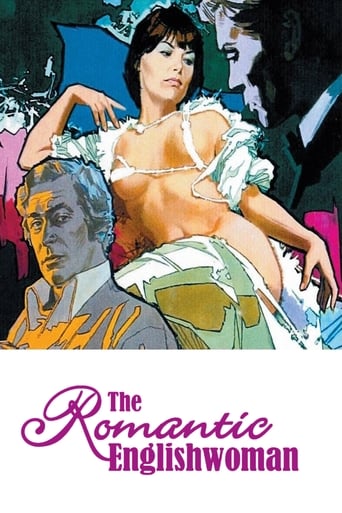

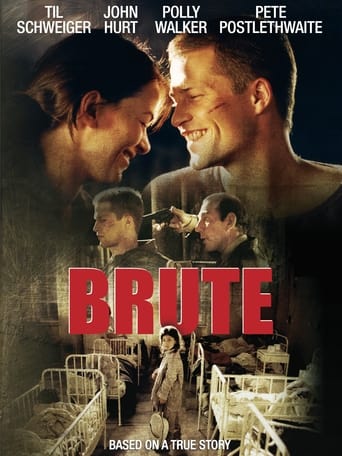


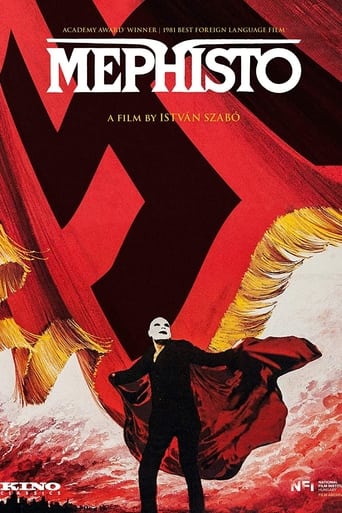












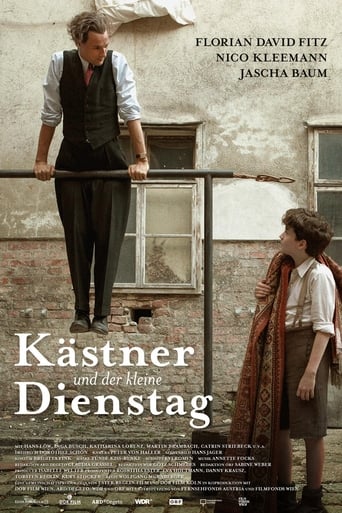
















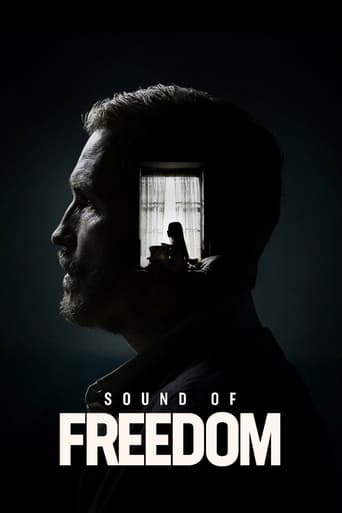


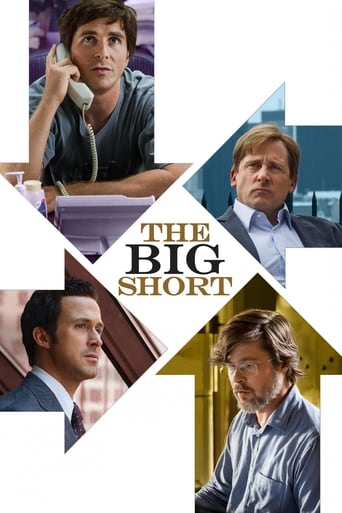
One Fine Morning
With a father suffering from neurodegenerative disease, a young woman lives with her eight-year-old daughter. While struggling to secure a decent nursing home, she runs into an unavailable friend with whom she embarks on an affair.